How do you play games? It’s an interesting question, isn’t it? The most facetious of answers I can think of is “With a controller, idiot!”. Moving swiftly along, let us also side-step any discussions about Hardcore versus Casual; so often these terms are used to separate “real” partakers of digital, interactive & computerised knick-knacks (we’ll need an acronym for the sake of brevity and ease of categorisation) from the… imaginary gamers?
The initial question is really asking about habit. Given none of life’s many constraints, how would you choose to spend your time with a game? This could be about where we’d play, when or how often. We might like to play, as many of us probably used to, with our best friend sat right next to us on a sofa or butting shoulders with a friend and rival in a local arcade. The upshot of this wistful daydream (at nigh-on midnight, no less) is that we all have our own ideal(ised) ways of playing the games we love. This preferred playstyle might vary from game to game, or by genre. It is this point that occurred to me recently when looking at a few, select titles that have entertained me over the past few years.
I am currently playing Demon’s Souls. I say “currently” knowing full well that I require a highly elastic interpretation of the situation and/or my tongue firmly lodged in my cheek for that to be remotely true. Demon’s Souls has been in and out of my PS3 over the past 6 months and I am loving every second of playing it. That sound is the screeching grind of metal-on-metal that occurs when two incongruous statements are placed in juxtaposition. It’s not that I haven’t had time to play games, rather that other games have demanded (or commanded) my attention in a more focused manner. When trying to reconcile this seemingly awkward set of information, I started to think about those games that I had taken my time over playing.
In 2007, a single game was so widely acclaimed that I came back to gaming (after far too long an absence) with renewed gusto. I bought an Xbox 360 specifically to play BioShock, but it took me a good 6 months before I watched the credits roll on what was from that moment forth the best game I have played. Since then I have spent eighteen months playing Fallout 3, four months with Mass Effect and two months on Shenmue II.
In each case, I revelled in taking my time over the playing of the game and always had other distractions demanding space in the 360’s disc drive. The past couple of months – for instance – have seen chainsaw-wielding meat cubes, cape-swishing gadgetry and a road trip in planes, trains and tanks keep me from Demon’s Souls and – since its release – Dark Souls. But what is it about certain titles that leads me to afford them that little extra time to breathe?
The connection eluded me somewhat. Sure, I played Dead Space 2 in one hour chunks, but that was an issue of tension and I still completed the game fairly swiftly (two weeks). What is it that connected these games? For BioShock, Mass Effect and Fallout 3, subsequent playthroughs were much quicker than the first experience. Couple this with the views of one Gary ‘Xantiriad’ Blower (guest on Cane And Rinse’s seventh episode) in relation to renting video games and I had the missing link. Gary’s sage words (and I’m paraphrasing) were that renting may encourage the renter to rush through a game in order to meet a returns deadline or to maximise the use of a monthly account. A simple concept that certainly does not apply to everyone and carries no inherent comment upon the renter or renting on the whole. But, as someone who felt that sense of pressure when playing rented games, this really struck a chord.
When considering why I chose to adopt a glacial pace for particular games over others I thought about how I played them from moment-to-moment. BioShock and Mass Effect share a depth of narrative, whilst all of the games share a certain amount of openness to their respective worlds. Certainly, Fallout 3 trumps all of the others in this last area of concern, but exploration is a key component to each of my slow burn games. This exploration is more pronounced than in (for instance) the corridor-monster closet-corridor nature of Dead Space 2. Many games require a similar degree of exploration or exhibit a narrative depth, and plenty do both. The crux of this issue is the combination of these two facets to the point of them being inextricably linked.
In BioShock the player is richly rewarded for roaming the halls of Rapture. The rewards being tonics, plasmids, weapon upgrades and all manner of other loot, but there are also audio diaries. Audio diaries that fill out the long since passed populous, painting vivid impressions of their lives and deaths in this submerged metropolis. Moreover, the patient and attentive adventurer found all manner of clues and evidence of what came before carefully woven into the decor all around them. Take the run-down tenements of Apollo Square; it is possible to bypass a large portion of this area – in fact, if following the handy waymarker, the player almost certainly would miss several floors of the most oppressive area in Rapture.
Fallout 3 is slightly different in this respect. Rather than bolster the main story, exploration of the Wasteland that has replaced Washington D.C. uncovers smaller side quests and locations that help the player build their own story. It’s the quirky alien crash site, the myriad and distinctive vaults (the Garys of Vault 108 being a personal highlight) and the dark tale of a settlement besieged by vampires that stuck with me long after finishing the game.
Shenmue II offers a vast and intricate network of streets throughout Hong Kong filled with NPCs. Like Fallout 3, this affords the player hundreds of interactions with which to build their own unique version of Ryo’s tale of revenge. The variety of environments to explore and the distinct characters that inhabit them help build upon what is quite a linear story at its heart.
Fallout 3, Shenmue II and Mass Effect lie somewhere in the middle of a spectrum that has at one end the controlled and layered addition to BioShock’s core story; it’s at the other end of that spectrum that we find From Software’s …Souls games.
There are no audio diaries or blood-red graffiti and relatively few side quests or NPC interactions to be found in the sparse worlds of Boletaria and Lordran. Correspondingly, I would expect to find that there was little to create that atmosphere of linked exploration and narrative that I found in the other games. Atmosphere, however, is not something that either Demon’s Souls or Dark Souls have in short measure. There is no explicit visual and audio stimulus that adds to the narrative experience, no selection of incidental quests, NPCs or mini-games with which to weave a patchwork tapestry that the player can claim as their own. What From Software has provided is a framework upon which to build an incredibly unique story. It is up to the player to create their own narrative to fit in with what occurs on the screen. This is a very tricky, but ultimately rewarding way of emulating the mechanics-heavy, but stimulus-light board games that typify (to a great degree) the RPG genre.
Ultimately, it’s the use of player-driven exploration to deepen and further the narrative or atmosphere that stands out amongst these slow burn games. Whilst that does not preclude nor lessen my enjoyment of a wide variety different video games, it does help me ensure that I understand a little more about the way I play and the games that mean the most to me.
During this frantic period of releases it becomes even more imperative to look at the games we play, those that we most enjoy and how to get the most out of them. Now, time to get back to exploring Tamriel.


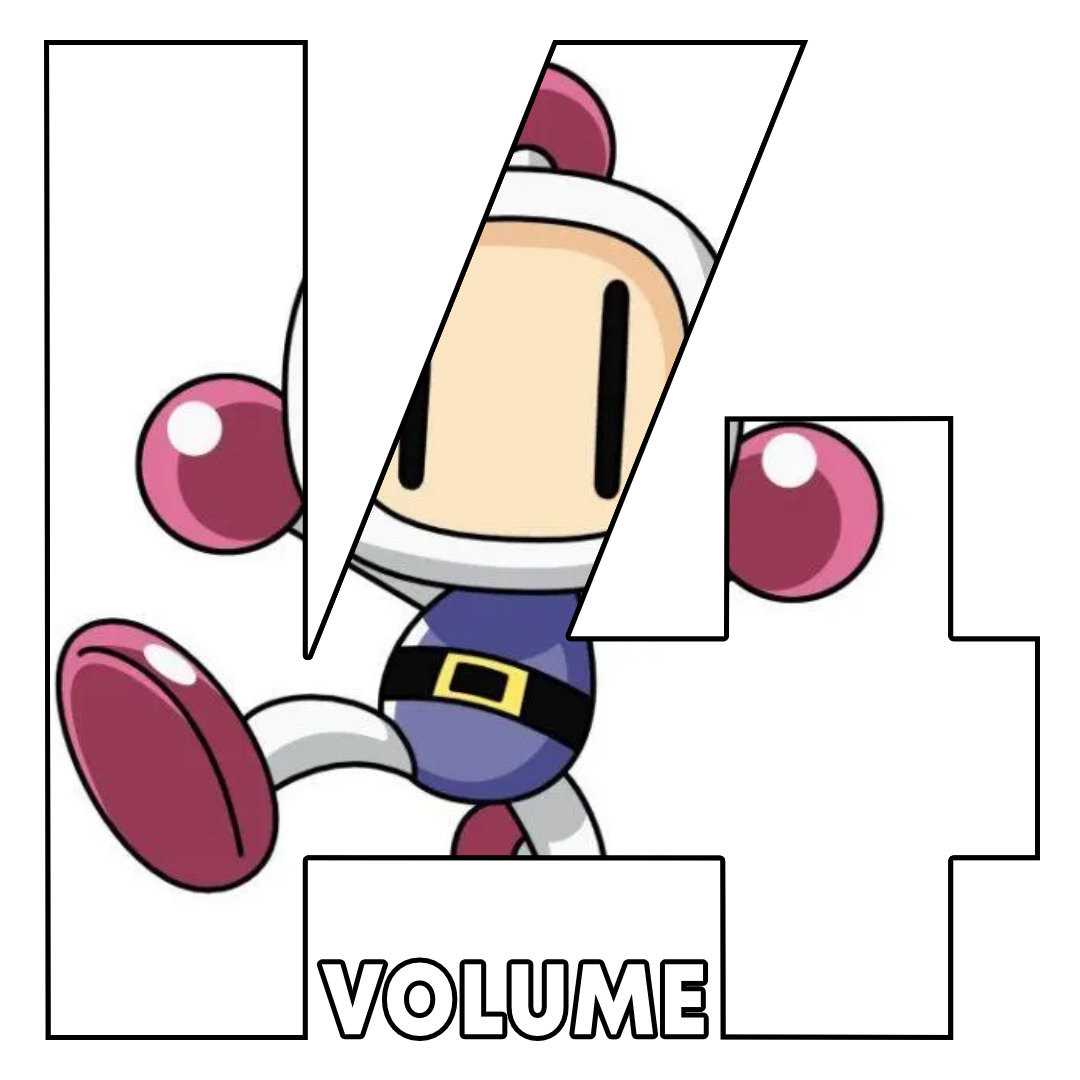

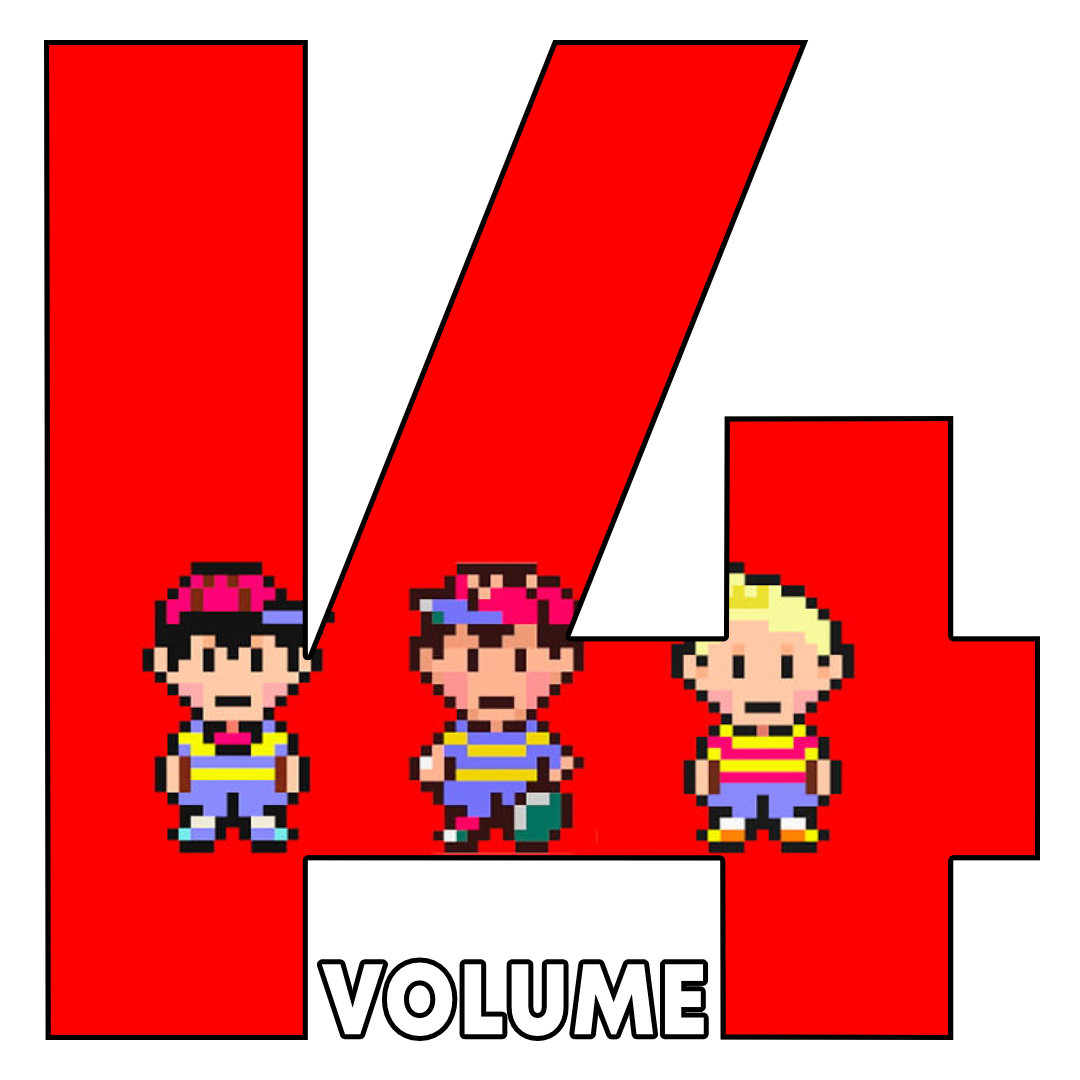

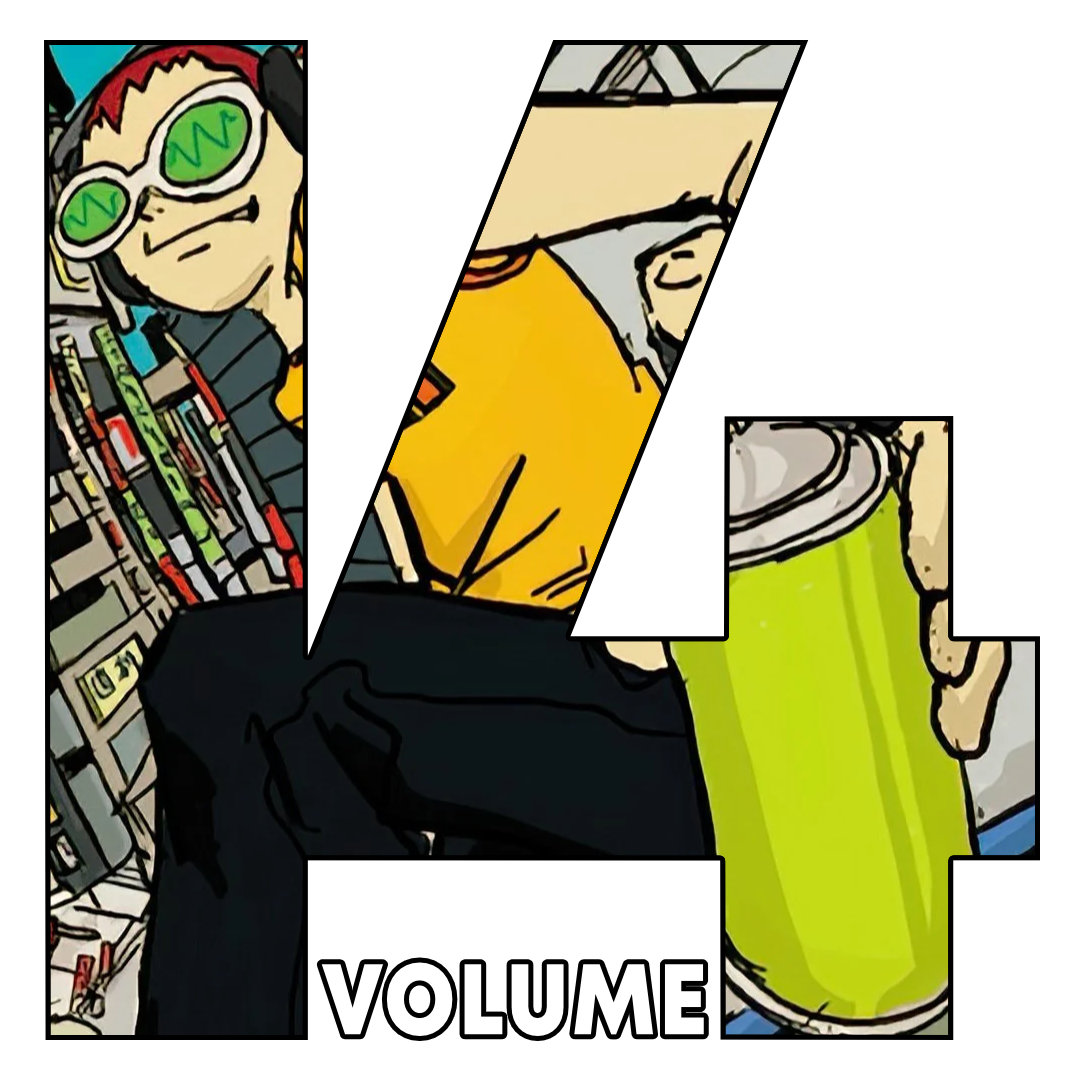
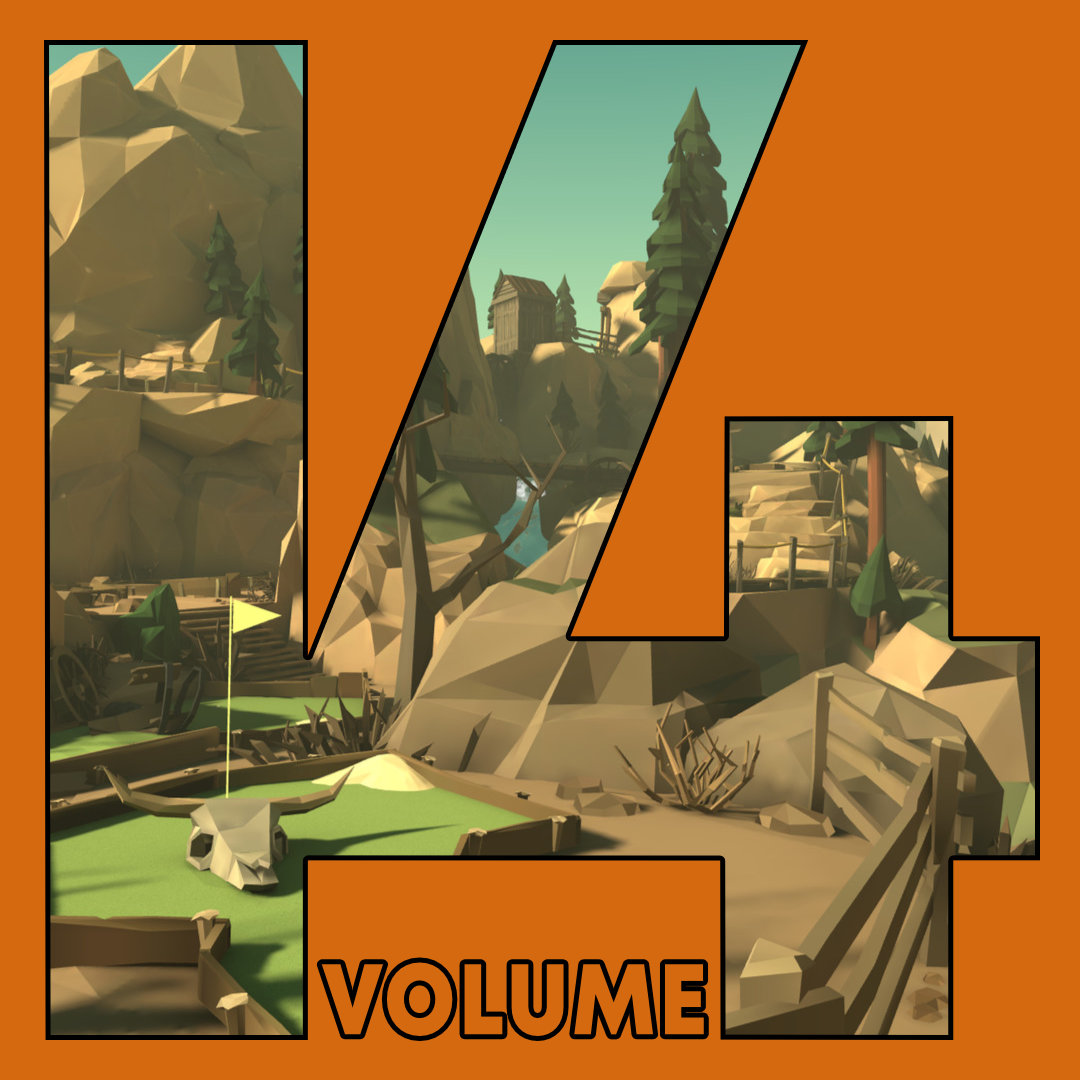


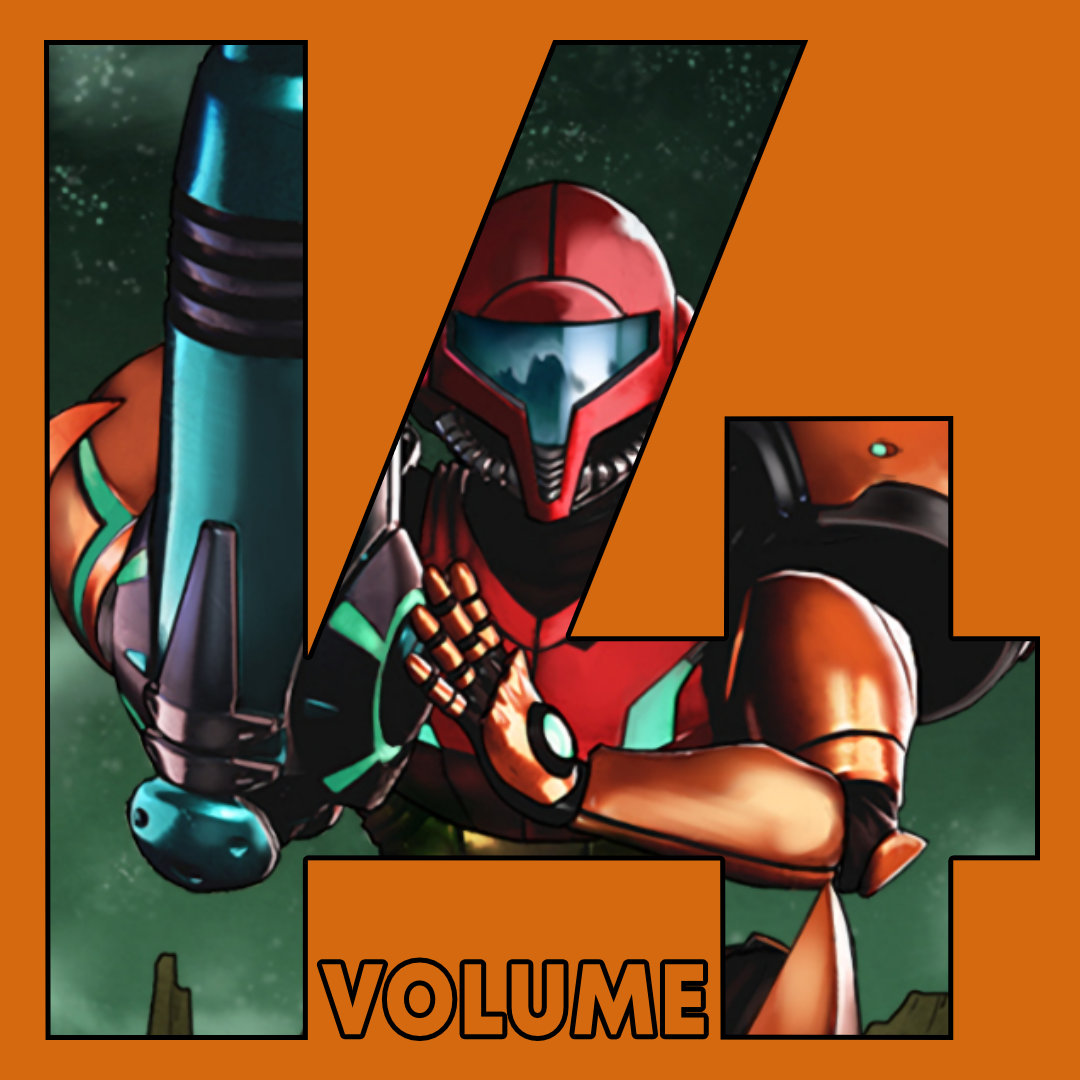
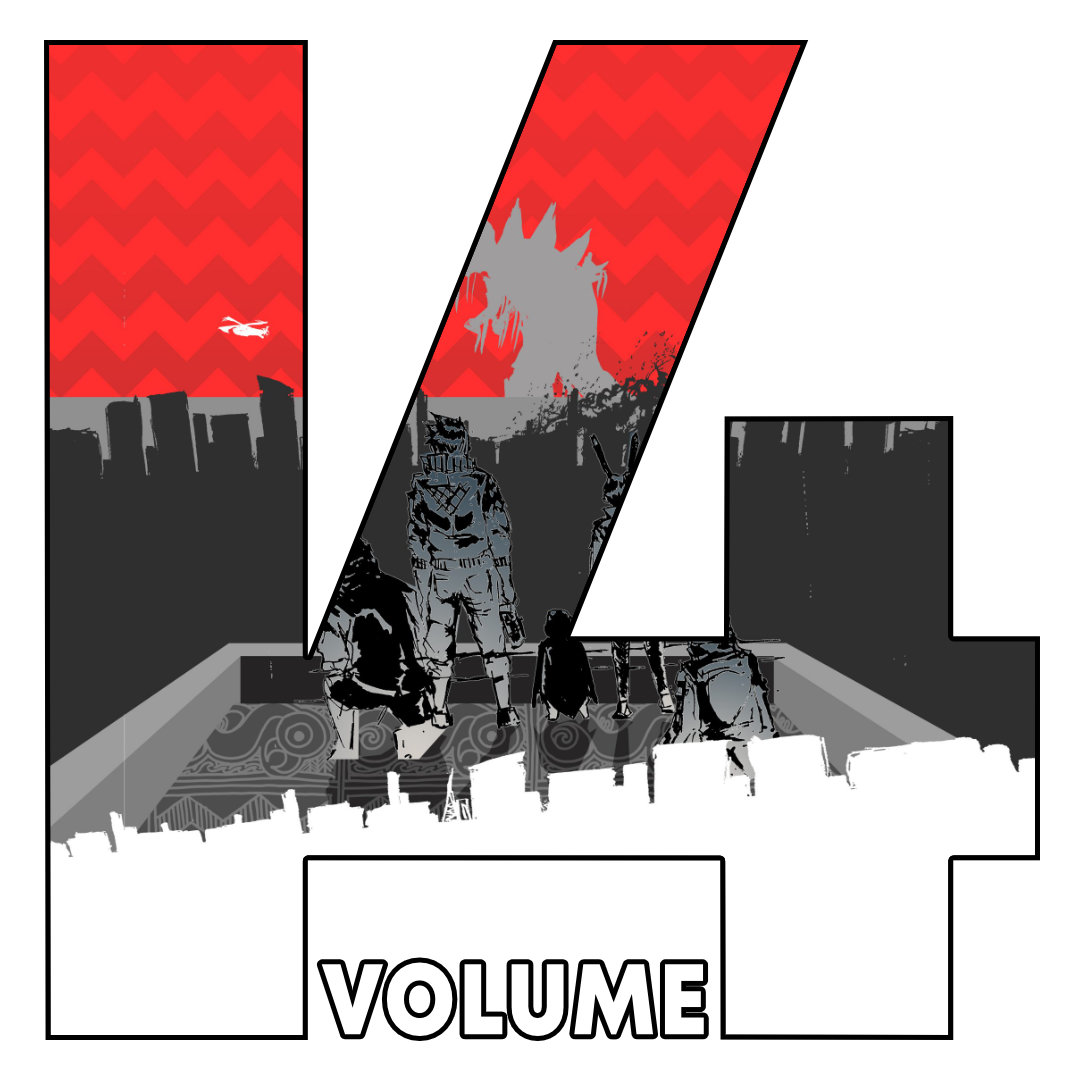
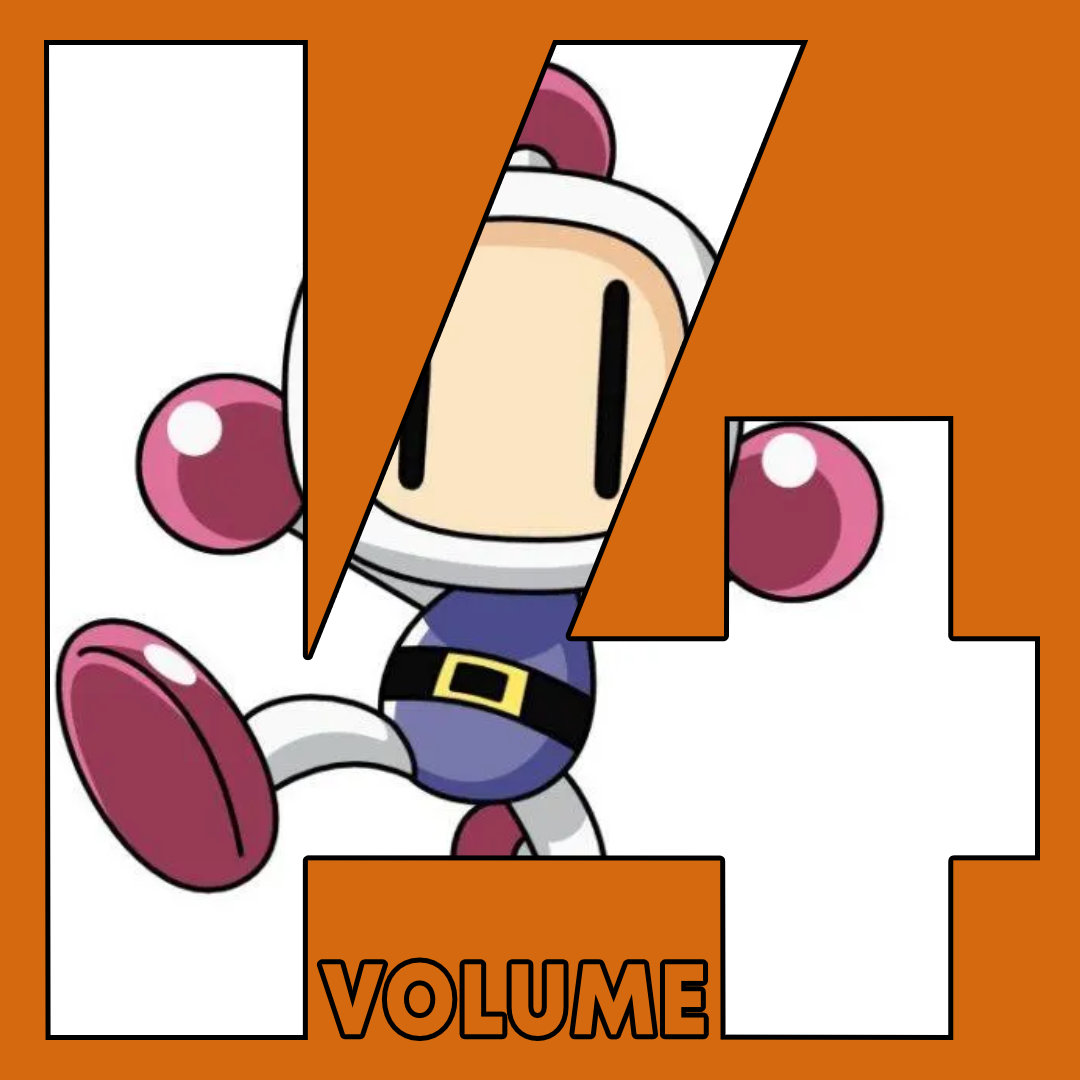
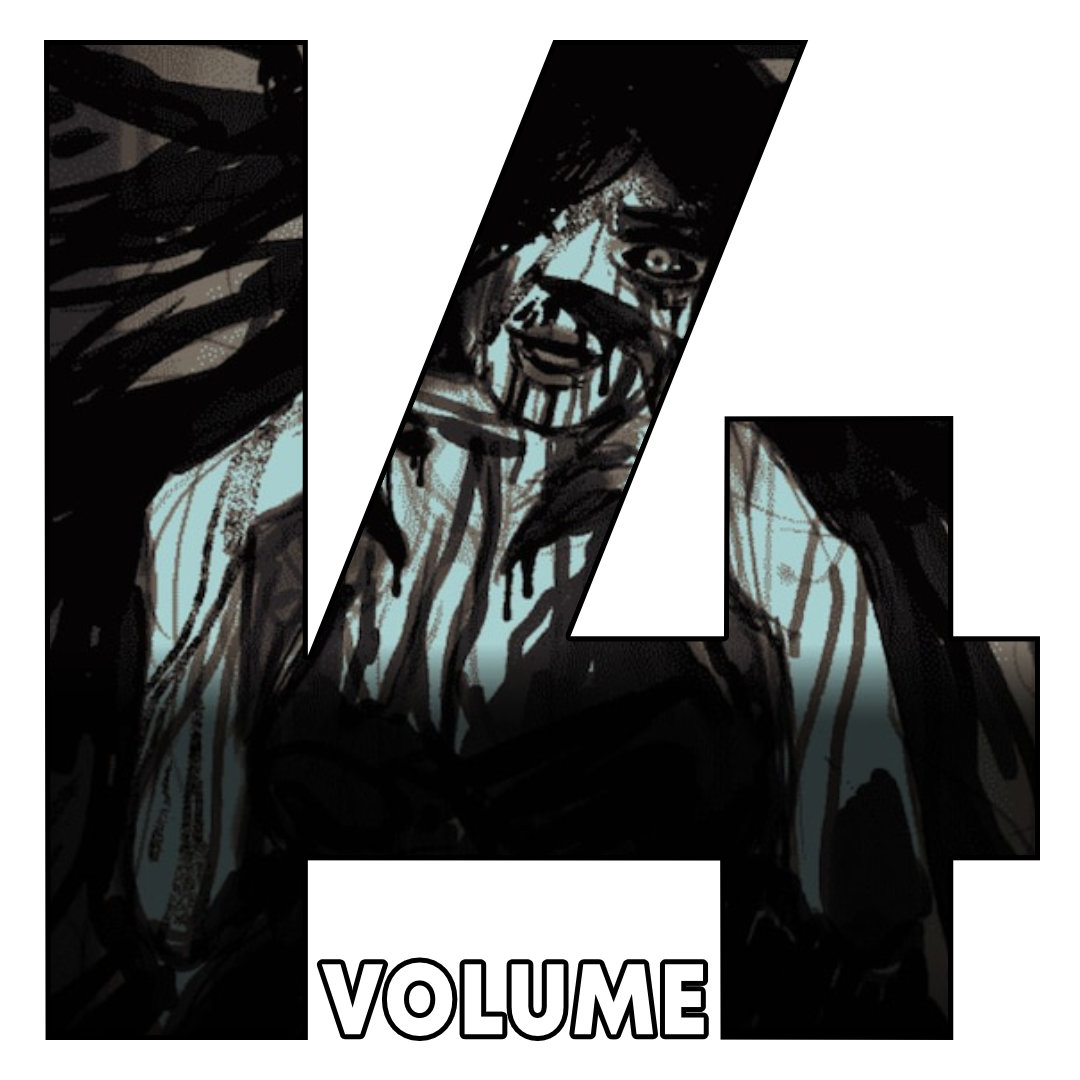
You bring up some very interesting viewpoints, and it set me thinking. We are always talking about the role of narrative in games, and how by and large the story telling in games is below par. Now for a large proportion of games that is very much down to just having weak writing, however even in the games we hold up as strong narrative pieces they don’t always hit the mark, and don’t come close to even a lot of movies let alone books.
I don’t believe this is all down to the writing, but more part and parcel of what games are, and the simple fact that it is down to the player to set the pace of any game. It disjoints the stories and pacing can easily go out the window. Basically games are just not the medium to make the most of a tight story line.
But there is another area of story telling that games can carry off better than any other medium. And that is the story of setting, of piecing together abstract elements from the environment to get a true sense of what has happened. Of exploring these worlds to see what makes them tick. Great games, the games I love, and from what is written above this is a view shared, truly make the most of this. They have crafted worlds which reward exploration and creativity on behalf of the player. They tell their stories more in what can be found rather than what you are shown. Seen in that way games, great games, beat all their peers in terms of ‘story’ and these are the games that we will take our time with.
Wow, in a rather crazy turn of events you have connected two disparate strands of my relationship with gaming that I (for some reason) hadn’t ever married up.
I have written previously about my frustration with Rockstar’s games for the very reason you have suggested above: the pacing goes to pot when trying to tell a cinematic and directed story in an open world environment. Rockstar try to give an illusion of choice by offering multiple quest strands for the player to flit between, but it’s not really a choice and doesn’t allow the player any form of discovery.
I have always maintained that it would be better to split up the likes of GTA into a more linear singleplayer story and an open world multiplayer, but your comment has made me realise that that isn’t the only answer. By opening up the storyline, it would be entirely possible to retain the excellent open world of Red Dead Redemption with a story that players can take a greater part in.
Thank you for a response that has really got me thinking too!